

It happened on an official level around A.D. 300. The emperor Constantine converted to Christianity. In this act, he sought to merge his empire, a mixture of pagans and Christians, into one unified system by making Christianity the official state religion.
History tells us that one of the ways Constantine mingled paganism with Christianity was by merging pagan festivals with Christian meaning. This had a direct impact upon the observance of the Ten Commandments, and for purposes of this discussion, the Sabbath of the Bible.

The French Revolution rejected spirituality, and physically forced out traditions, relics, and observances, starting with public worship.
“Far from attaching the hearts of the citizens to the state, this religion detaches them from it as from all other things of this world,” said Jean Jacques Rousseau, the leading philosopher of the time. “[A]nd I know of nothing more contrary to the social spirit.” Rousseau spoke for many when he denounced Christianity as an ally of oppression: “Its spirit is so favorable to tyranny that it always profits by such a regime…Having rejected the God of Abraham, Isaac, Jacob, and Jesus, the revolutionaries in France turned toward other deities: liberty, equality, fraternity, and “the rights of man.”
Ironically, Frenchman Alexis de Tocqueville confirmed the worst fears about the events in France. “Because the Revolution seemed to be striving for the regeneration of the human race even more than the reform of France,” he wrote, “it lit a passion which the most violent political revolutions had never before been able to produce.”
The revolution, he said, took on the appearance of a religious crusade. “Or rather, it itself became a new kind of religion, an incomplete religion, it is true, without God, without ritual, and without life after death, but one which nevertheless, like Islam, flooded the earth with its soldiers, apostles, and martyrs” (https://www.nationalaffairs.com/publications/detail/two-revolutions-for-freedom).
The floodgates of sin flowed freely through the breach of God’s law. With this history, we are now set to see how this played out in America from its inception.